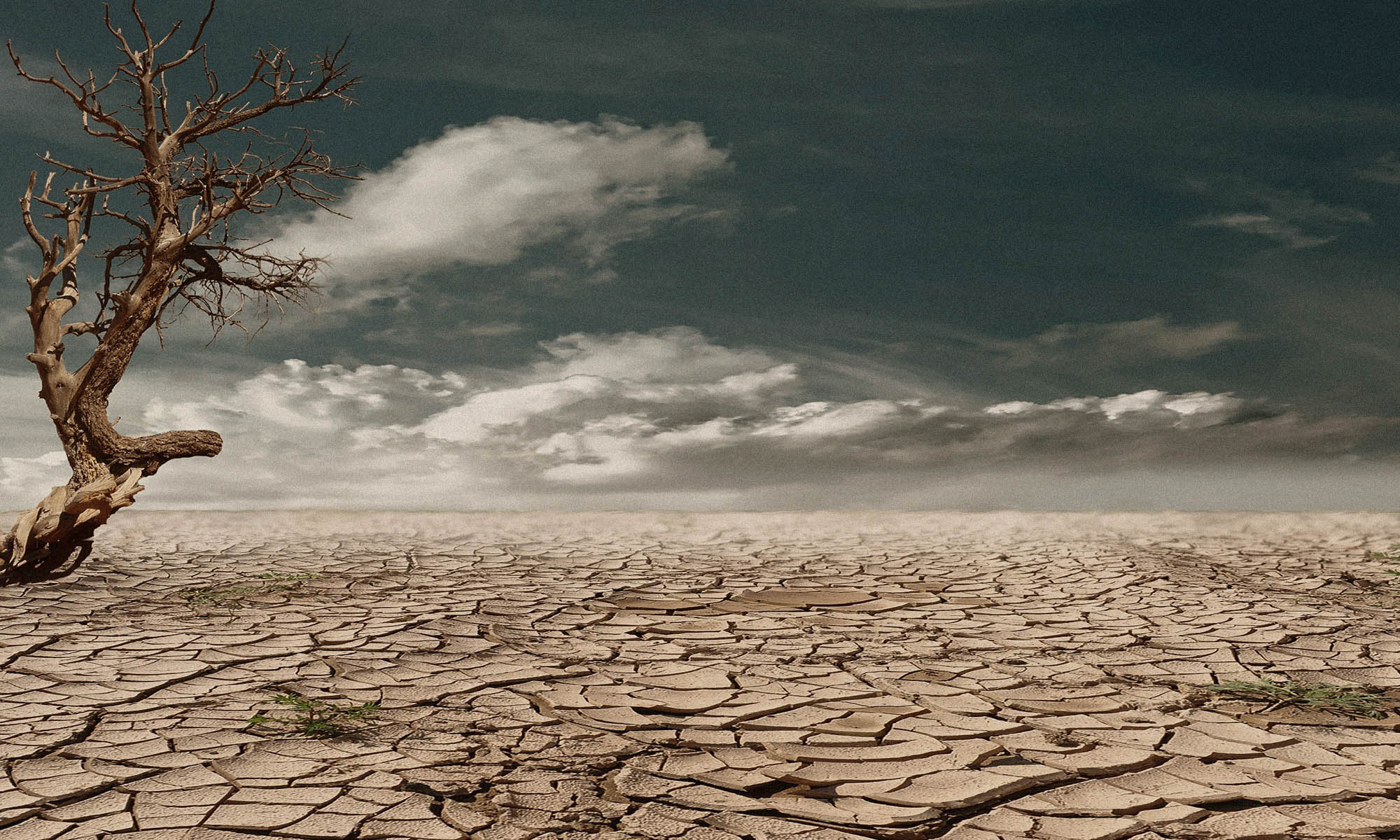Have you have ever thought about a career at One Acre Fund, but wondered about what the office and work culture are really like? Ronny Mutisya and Victor Kirubi, two of their staffers, take you behind the scenes at their headquarters in Kakamega, Kenya. In their video, they answer your questions about working with One Acre Fund. They’ll tell you about what to expect from the One Acre Fund’s office, the benefits of moving from the city to a rural area, and how you can transfer your skills to a career in agricultural development.
I have known One Acre Fund for years and would encourage anyone to apply.
SciDev’s Mobile Website
SciDev.net is an evergrowing resource for news, views and information about science, technology and the developing world.
If you haven’t yet tried SciDev.Net’s new mobile version, it offers:
- Access to news, feature and opinion articles, alongside Spotlights, topic and regional pages;
- A clutter-free design with fewer images to ensure faster page load times, and improve your SciDev.Net experience, even on handsets with slower connections;
- An optimised and more efficient version of SciDev.Net design, that is user-friendly for the smaller screen size on your device;
- Quick navigation with a clear webpage structure for better browsing, enabling you to access content with ease;
- Automatic detection that you are viewing our site on a mobile device, offering you the new version instantly; and
- The ability to switch back to the PC version of the site at any time.
With 67% of Kenyans having a mobile phone according to the Communications Commission of Kenya (CCK), this development is very welcome.
Master of Science in Sustainability, Development, and Peace
The Master of Science in Sustainability, Development, and Peace programme at the United Nations University addresses pressing global issues of climate change, development, sustainability, peacebuilding and human rights through an innovative interdisciplinary approach that integrates the social sciences, natural sciences and humanities. The programme is intended for recent graduates, professionals, and practitioners, offering the unique opportunity to study at a global university within the framework of the United Nations. It provides students with the knowledge and skills to make important contributions towards solving global issues, whether through employment by UN agencies, other international organizations, governments, civil society, or the private sector.
 The programme is practically oriented, user-focused and of the highest academic quality. It offers opportunities to gain practical experience through internships or field research with a UN agency or other international organization. The programme builds on the strong record of the United Nations University (UNU) in training and capacity development, and utilizes the extensive network of scholars and academic institutions participating in UNU research.
The programme is practically oriented, user-focused and of the highest academic quality. It offers opportunities to gain practical experience through internships or field research with a UN agency or other international organization. The programme builds on the strong record of the United Nations University (UNU) in training and capacity development, and utilizes the extensive network of scholars and academic institutions participating in UNU research.
The standard period of study is two years; the programme starts in September, with students expected to complete all the requirements by July in the second academic year after enrolment.
Further information is available from the United Nations University Institute of Sustainability and Peace.
The Economics of Poverty – the Top 10 Books
Amy Lockwood, the Deputy Director of the Center for Innovation in Global Health at Stanford’s School of Medicine, has drawn up a suggested reading list for those wanting to start understanding development, aid, and poverty. Here are her suggestions:
The White Man’s Burden: Why the West’s Efforts to Aid the Rest Have Done So Much Ill and So Little Good (2006)
by William Easterly
The End of Poverty: Economic Possibilities for Our Time (2006)
by Jeffrey Sachs
The Bottom Billion: Why the Poorest Countries are Failing and What Can Be Done About It (2007)
by Paul Collier
The Fortune at the Bottom of the Pyramid: Eradicating Poverty Through Profits (2009)
by C.K. Prahalad
Creating a World Without Poverty: Social Business and the Future of Capitalism (2009)
by Muhammad Yunus
Out of Poverty: What Works When Traditional Approaches Fail (2009)
by Paul Polak
Dead Aid: Why Aid is Not Working and How There Is a Better Way for Africa (2009)
by Dambisa Moyo
Poor Economics A Radical Rethinking of the Way to Fight Global Poverty (2011)
by Abhijit Banerjee & Esther Duflo
Development As Freedom (2000)
by Amartya Sen
Good to Great and the Social Sectors (2005)
by Jim Collins
To read the reasoning and short introductions to each, go to the original article at http://www.ssireview.org/blog/entry/the_top_10_books_on_the_economics_of_poverty

